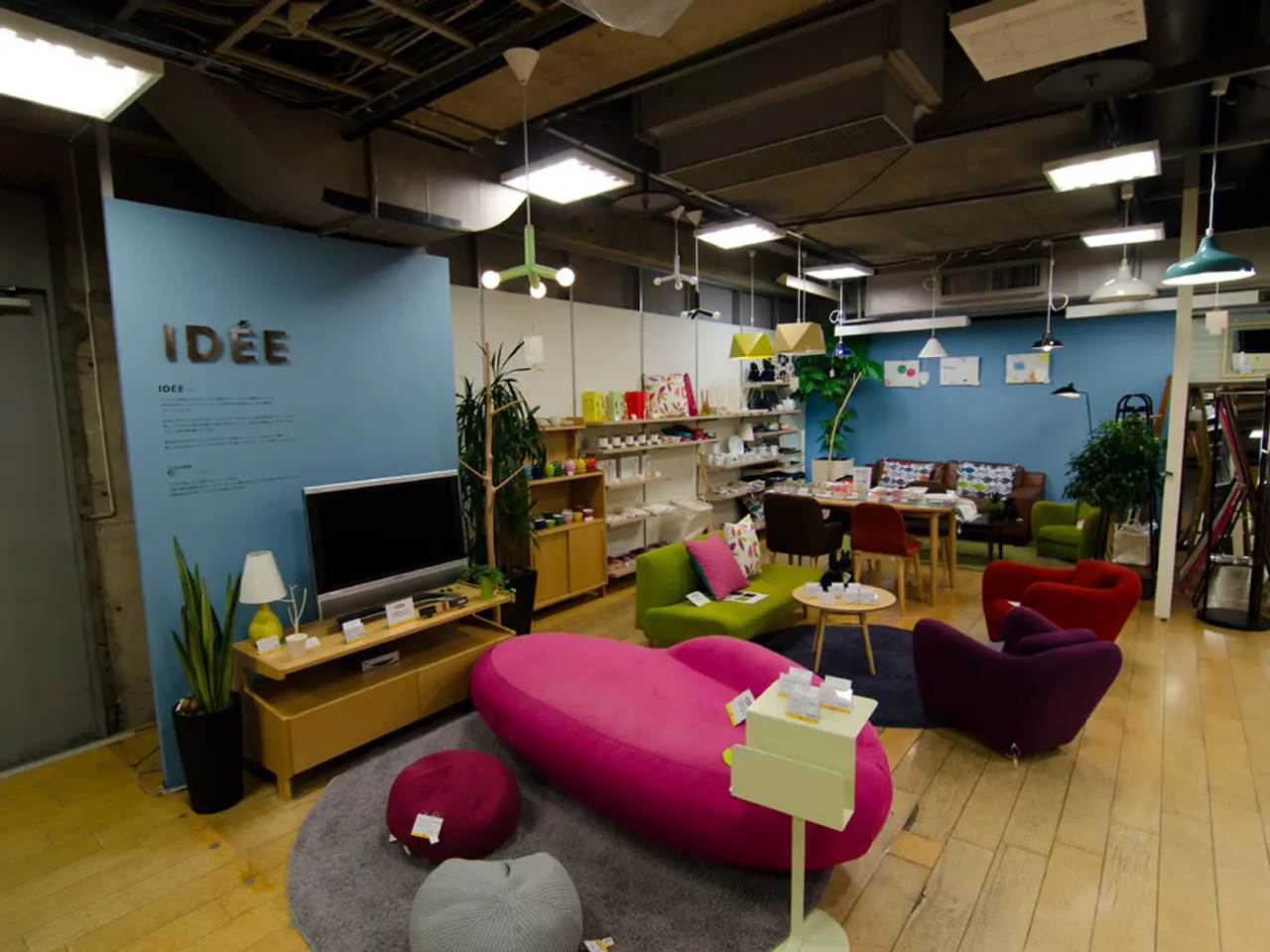Considerations for shrinking your residence in preparation for retirement
Downsizing, the process of moving to a smaller home, can be a significant step towards a simpler and more manageable lifestyle. This article provides an overview of the financial, lifestyle, and property-related factors to consider when contemplating downsizing.
Financial Factors
Affordability is a crucial consideration when downsizing. If your housing expenses exceed 30% of your income, it may be time to downsize to reduce financial burdens like mortgage payments, utilities, and maintenance costs. Assessing how much equity you have in your current home can also help determine whether downsizing can free up funds for retirement or other expenses.
Remember to plan for initial expenses such as repairs, moving costs, and potential upgrades in the new home. Engaging financial advisors early can ensure a smooth transition and help manage potential financial changes.
Lifestyle Considerations
Downsizing can bring about lifestyle changes, such as retirement, health needs, or reduced family size that may necessitate a smaller living space. Simplifying your life by reducing maintenance can also allow more time for leisure activities.
Consider the emotional impact of leaving a family home versus the benefits of a more manageable lifestyle. Ensure the new space meets any changing health or accessibility needs.
Property-Related Aspects
Clarify whether downsizing is primarily for financial gain, reduced maintenance, or lifestyle changes. Choose a new property that aligns with your objectives and reflects your financial situation.
Consider the timing of selling and buying, and whether bridging finance is an option. Prepare for scenarios where you might need temporary housing solutions while transitioning.
Transition Strategies
Start planning at least a year in advance to ensure a smooth transition. Evaluate the dimensions and layout of your new space to ensure it meets your needs. Tackle decluttering room by room to make the process manageable.
Reducing your possessions is a necessary step when downsizing. It's recommended to triage your possessions into three categories: definitely leave, maybe leave, and definitely take.
Downsizing to apartment living can be a significant lifestyle change, and it's important to consider privacy and neighbour noise before making the move. When downsizing, it's worth thinking about how much you entertain, as you'll need space for a dining table and possibly a spare bedroom for guests.
For insurance purposes, small second dwellings are considered 'home improvements' to your property and should be included in your regular building and contents insurance sum insured amount.
Alternatives to Downsizing
Renting out a spare bedroom or long-term renting out your home and becoming a grey nomad are alternatives to downsizing. Duplexes can be a good option for staying close to loved ones while enjoying privacy. A lifestyle club can provide opportunities to meet like-minded people and enjoy new activities. Many modern high-spec apartment developments offer communal facilities like rooftop gardens, outdoor barbecue areas, and wine cellars.
In conclusion, downsizing can offer numerous benefits, from financial relief to a more manageable lifestyle. By considering the financial, lifestyle, and property-related aspects, you can make an informed decision about whether downsizing is right for you.
- When contemplating downsizing, one should consider the home-and-garden implications, such as choosing a new property with a manageable outdoor space to maintain, ensuring it aligns with your simplified lifestyle.
- Alternatives to downsizing, like renting out a spare bedroom or moving into a lifestyle club, can also offer opportunities for a more social lifestyle, involving community gardens or communal facilities like rooftop gardens and outdoor barbecue areas.




